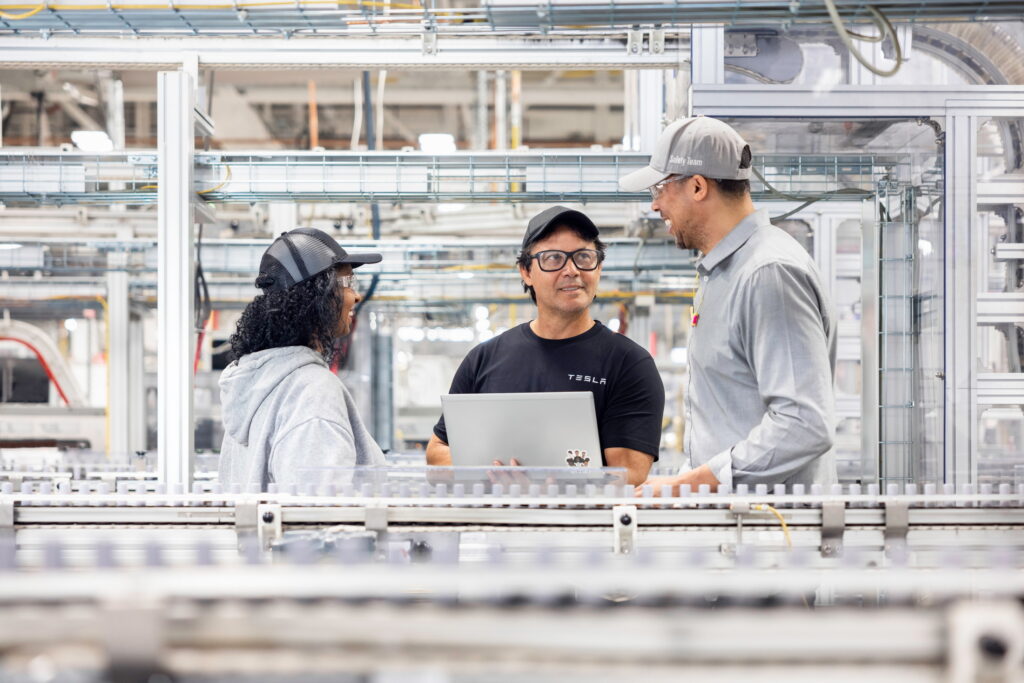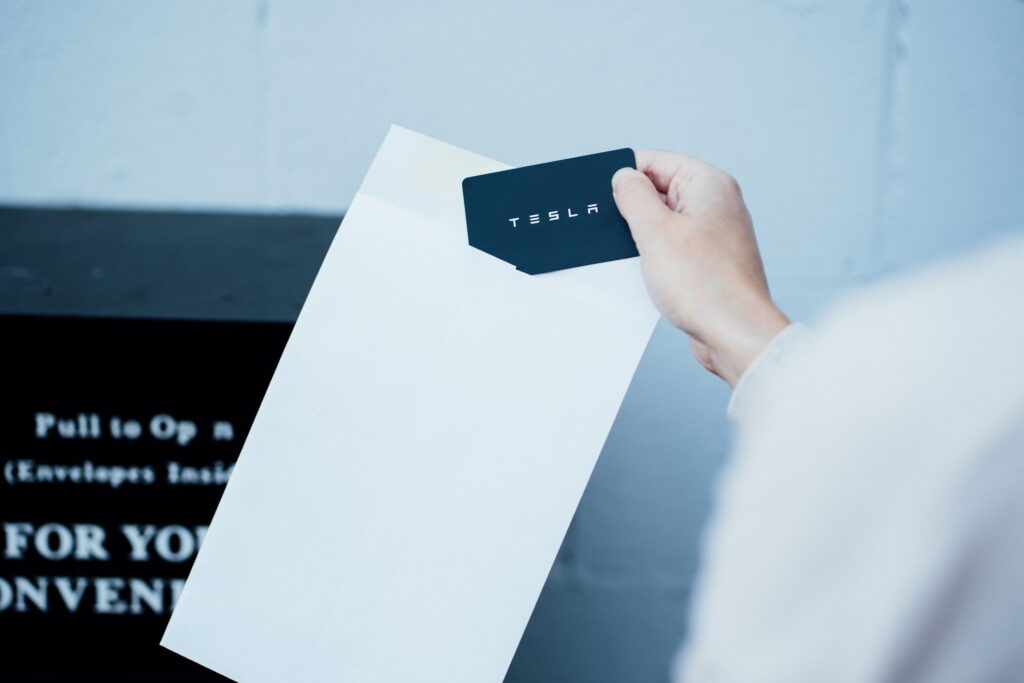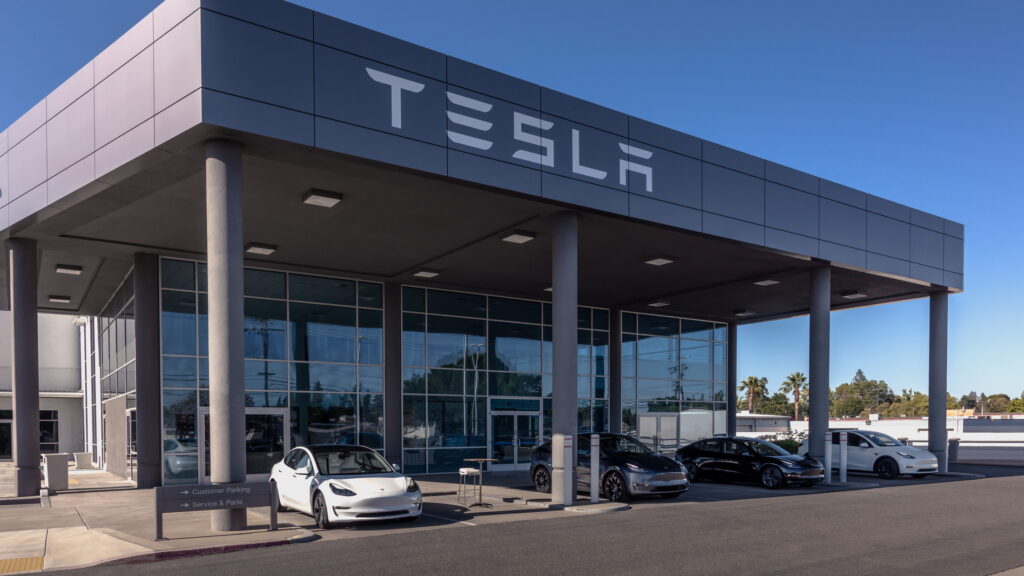Back in May, a leak of more than 100 GB of internal data was shared with a German newspaper, revealing certain embarrassing details about Tesla. Contained within the documents was personal, identifiable data about more than 75,000 of its employees, and now the automaker says that insider wrongdoing was behind the data breach.
Tesla blames two former employees for the leak, which is said to contain personal data about its workforce, including Elon Musk’s social security number. It made the accusation in a data breach notice filed with Maine’s attorney general, and said that it reached the conclusion following an investigation into the situation.
“The investigation revealed that two former Tesla employees misappropriated the information in violation of Tesla’s IT security and data protection policies and shared it with the media outlet,” Steven Elentukh, Tesla’s data privacy officer, wrote in the notice, Tech Crunch reports.
Read: Tesla Whistleblower Leaks 23,000 Internal Files Relating To Customer Complaints

The automaker has filed lawsuits against the two employees alleged to have leaked the data, and says that their electronic devices were seized. It also obtained court orders to prohibit the employees from using, accessing, or disseminating any more data relating to Tesla. In addition to the allegations, the filing contains a template letter Tesla plans to send to employees whose data was included in the leak.
Handelsblatt, the newspaper that received the leaked data on May 10, has promised to protect sensitive data relating to current and former employees, as is required by law in Germany. It did however report on consumer complaints related to Tesla’s advanced driver assistance systems, including reports of sudden acceleration, phantom braking, and more than 1,000 crashes.
It further reported that, in its handling of these customer complaints, the automaker was more interested in protecting its reputation than in helping affected customers. Tesla allegedly used evasive strategies and advised representatives to avoid leaving paper trails with customers in order to prevent reports of its ADAS technologies’ shortcomings to become public.
Separately, the automaker has been accused of using similar tactics to deal with customer complaints relating to its vehicles’ driving ranges, which are said to be among the most optimistic in the automotive industry.





